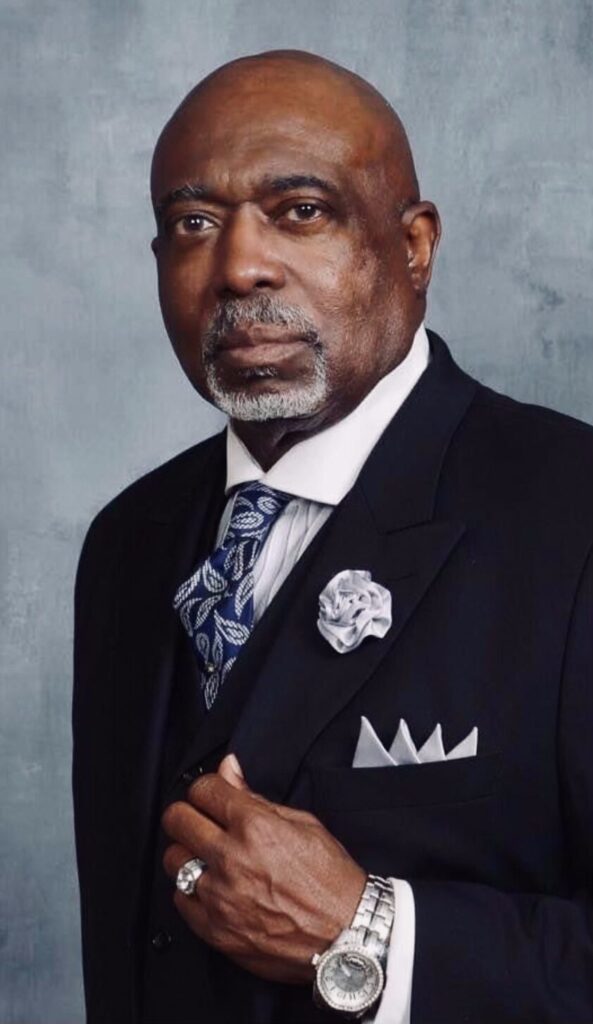BIDLACK: Hey, that’s not fair!

One of the challenges to a twice-weekly column is that my editor, the long-suffering Dan, has ordered me to limit my missives to no more than 750 words. (Dan: yes, that is correct) I tend to be a bit more, shall we say, long winded? For some reason, Dan the editor has declined my essays when they approach book length (Dan: also correct) Happily, since these words are not substantive, they don’t count toward my word count for this essay. (Dan: yes, they do).
Wait, what? That’s not fair. (Dan: tough)
Which brings me to today’s topic- Fairness! (Dan: finally!)
One of the earliest phrases we learn and employ as children is the classic, “that’s not fair!” For most folks there is something almost primordial about the notion that things should be fair, and that unfair things are to be battled against. Which brings me to Aristotle and the press. I bet Dan didn’t see that plot twist coming. (Dan: yes, I did. You’re not nearly as clever as you think you are)
Aristotle thought a lot about how to achieve true fairness. He pondered the ideas of equality and justice, understanding that they may well not be the same thing. An example I used when teaching cadets at the Air Force Academy was something most people are familiar with – bathrooms. To put it awkwardly, men and women have different – let’s say “dynamics” – when it comes to bathroom use. So, let’s imagine going to a movie, having a giant soda, and feeling the need to, well, reduce our internal fluid pressure. True equality would mean having exactly the same number of stalls in the men’s and the women’s bathrooms. But men and women don’t have the same plumbing, so in that example, true equality is not just and fair. Justice would be having perhaps twice as many stalls in the women’s room than the men’s. So, equality does not always mean justice, and vice versa.
Which, of course, brings me to the media.
One of the lessons pounded into the heads of most journalists is that they must be “fair.” And all too often, that notion is automatically associated with the word “balanced.” In fact, one alleged news network has adopted those two words as their advertising mantra, even as they pursue the status of unofficial state television. But that discussion must await a future column, as I’m running out of words (Dan: yes, you are).
The journalistic ethic is that if you present one side of a story you need to present the opposing side of the story absolutely equally. And often, that is the right thing to do. But the problem is that many journalists have lost sight of another important concept – the weight of evidence.
Let’s imagine you have a pain in your belly and lots of disposable income. So, you decide to see 100 different doctors. They each examine you and 97 of them tell you that you have acute appendicitis and you need an immediate operation or it might burst, and you could die. The remaining 3 doctors tell you it’s just gas, it will pass, don’t worry about it. What do you do? Most likely, you side with the 97% of the doctors, thinking that much weight behind one of the opinions is pretty darn compelling. You have the operation.
If you and your belly are famous, you might find some journalists interested in your case, and if you are really a big deal, they might discuss it on the evening news. And given the ethos of equal sides in journalism, they might have one doctor on from the “pro-appendicitis” side and one from the “full of gas” side, to debate the science of belly pain.
This, dear reader, is what is happening today. Not with appendicitis, thank goodness, but rather with climate change. Decades worth of studies, examining millennia worth of evidence, has lead roughly 97% of scientists who are expert in climate change to conclude the problem is real, it is important, and it is in large part manmade. But when you watch the next story you see on the news about climate change, I bet they will present a “balanced” view of both sides, giving equal time and weight to the climate change deniers. When you see that happen, please ask yourself if you really think it makes sense to claim that the 3% are equally likely to be right. I don’t think it’s just gas.
And please don’t tell Dan that I’ve run about 25 words over my limit, he might cut me off in mid-senten…














